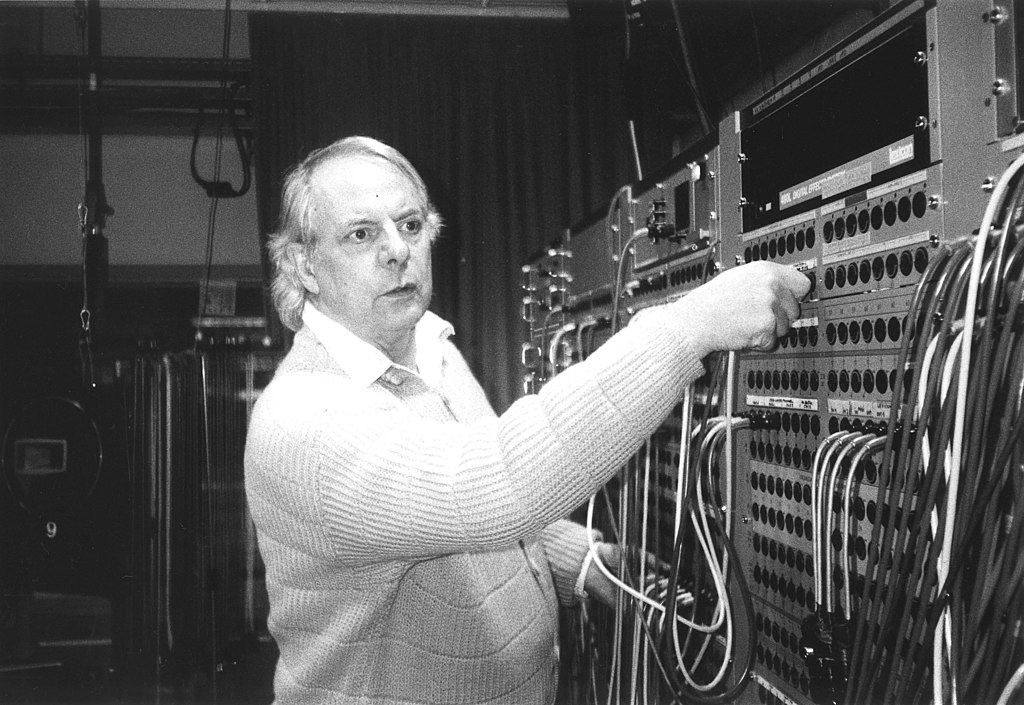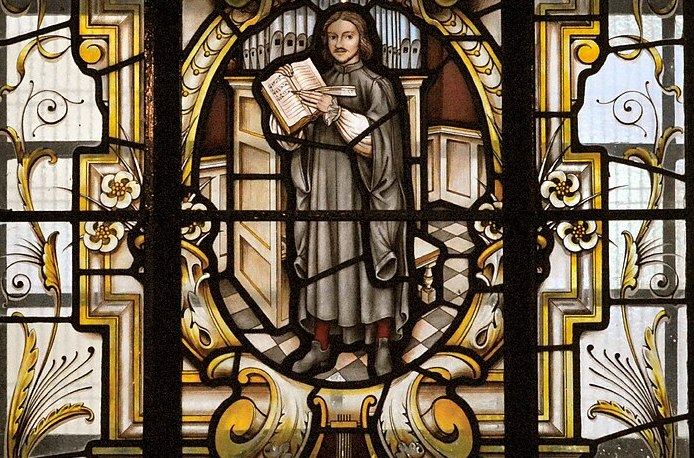"Let's fear the best..."
For a long time there were only recordings of them. Now Georg Kreisler's songs and chansons are available as sheet music. In an award-winning edition.

"The cabaret is dead . Mause-miese-ratze-fiese-dead?" - No, not anymore. Georg Kreisler's chansons have been revived in the new edition, which was awarded the 2015 German Music Edition Prize and is the result of a collaboration between Thomas A. Schneider and Barbara Kreisler-Peters and published by Schott-Verlag. Volumes 1 to 3 have already been published, volume 4 is almost finished and will be published soon. Volume 5 is in the pipeline. Each volume contains 24 to 30 songs and chansons.
If cabaret had not already existed, it would have had to be invented for this important, great, witty, bitterly evil, clairvoyant, deeply black and humorous artist, pianist, poet and singer, who, based on the conviction that people are not born stupid, but made stupid, declared war on the stupid talkers with slogans that were as clever as they were aggressive. "I don't know what I'm supposed to mean," Georg Kreisler once said about himself, presenting himself to posterity as a personality torn between the desire to entertain and the desire to provoke. We experience him as multifaceted. "He grabbed the truth, as he perceived it, by the scruff of its neck and dragged it behind him until it spoke and even sang," writes editor Thomas A. Schneider about him.
Georg Kreisler was born in Vienna in 1922. In 1938, the Kreisler family had to flee from the Nazis and Georg, as a Jewish exile, took American citizenship in 1943. Until his death in 2011, he declared: "There is no way I am Austrian." As he was too far ahead of his time in America and his sarcastic humor was too much for the Americans (e.g. Please, shoot your husband), he returned to Europe in the 1950s and gave us an oeuvre of over 300 chansons, most of which are unfortunately only documented in fragments, notes and sketches and some of which have apparently been lost. Although there was always a great demand for sheet music to Kreisler's chansons, most of the pieces were only available as audio documents. Georg Kreisler had everything in his head, there was no need for him to write them down. Kreisler answered every request for sheet music with the succinct sentence: "Anyone can write them down from my audio recordings."
The publisher Thomas A. Schneider has done pioneering work. After he, an organist, pianist, actor and singer, had been waiting for around 20 years for "someone to come along and write down the chansons", but nothing happened, he started himself: For over two years now, he has been working on the transcriptions, which are based almost exclusively on recordings by Kreisler himself. He is also still working his way through sketches of many chansons, which unfortunately only rarely have the quality of the notes of the one-woman musical Lola Blue achieved. He usually only finds a singing voice and chord symbols, almost never underlaid with text. In addition, the notes often do not correspond to the known sound documents. Kreisler liked to improvise and create from the moment, and Thomas A. Schneider consequently sees his notes as "... a solid trampoline for Kreisler interpreters. But they have to jump themselves."
The present scores are oriented towards playability and clarity, and there are also certain simplifications which are intended to encourage the performer to deal with the models as freely as their creator himself.
The chansons have been arranged according to themes. "Everyday life and how to cope with it", "Man and woman", "Politics and public order" are the names of these chapters, for example. And so, depending on our life situation and mood, we can look up, read and sing about what kind of "ticker" a politician actually is; we can be inspired by the variety of Austrian-Czech name variants with the telephone book polka, we can watch two old aunts dancing the tango and finally, finally poison pigeons on a grand scale. Just as the mood takes us.
Georg Kreisler is dead.
Long live Georg Kreisler.
Georg Kreisler, Lieder und Chansons, for voice and piano, edited by Thomas A. Schneider and Barbara Kreisler-Peters, Volumes 1-3, ED 21831-21833, € 29.50 each, Schott, Mainz









